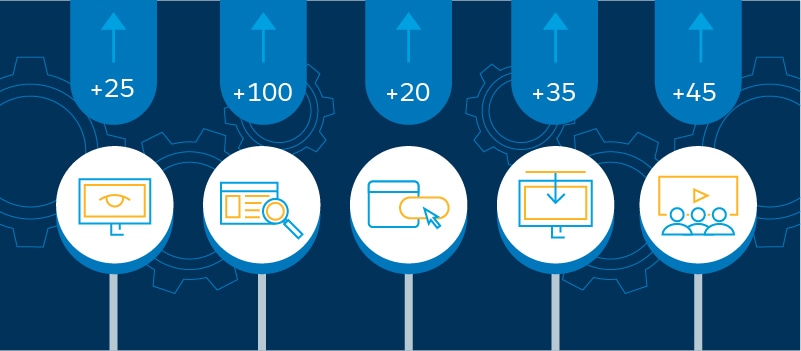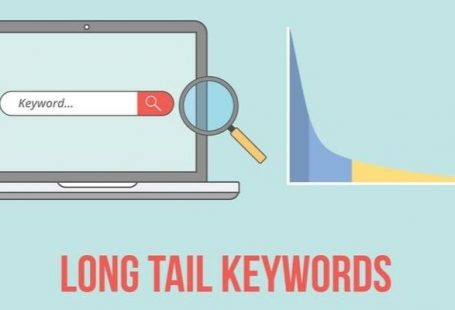Lead Scoring is the practice of appointing a score to each lead who leaves their contact details in exchange for some piece of content.
This score reflects how possible it is that a visitor actually turns into a client, and provides some clues about the type of information and more convenient content that should be sent to them so as to activate the purchasing process.
Why is it important to do Lead Scoring?
Because each prospect is at a different stage of the sales funnel and has different interests. If we were to send the same information to all our leads database, we’d miss many sales opportunities.
For instance, let’s take the case of a travel agency. Not all the leads in their database are the same. Some of them provided their contact details in exchange for a discount coupon due in a week, others in exchange for a newsletter subscription.
In the first case, the Lead scoring says this is a user at a final decision stage. What we need to do is sending some extra benefit to motivate them to complete the operation. If they receive articles about travels to exotic destinations, they’ll probably ignore them as they’ve already decided their destination, or they’ll probably get back to the consideration stage.
In the second case, the prospect is at a consideration stage as they know they want to travel, but the destination is still unknown. So we’ll try to lead them to the decision stage. The best thing here is to send them information about possible destinations, and then offer some discount coupon to get to the final stage.
This article may be helpful: Types of newsletters that will help you with branding, sales and loyalty building
Which are the criteria of Lead Scoring?
The Lead Scoring may be very basic or really sophisticated. Three of the mostly used criteria are the following:
- Buyers Journey stage, or stage of purchasing process: This is the simplest criteria, as the same type of content that worked as Lead Magnet will define which stage the client is currently at.
- How they reached our site: Clients who get to a website from a social network might be much more willing to complete a purchase than those who get there through an organic search, or the other way around. That is why it is important to know the path of our prospect before reaching content in order to have a more accurate idea of conversion possibilities.
- Degree of proximity of the user with the Buyer persona or ideal client: This is a bit more complicated to measure as it conveys a complex study of the big data that displays the behavior of an internet user. However, it provides a very complete x-ray of their real needs and interests.
You might also be interested in: How to take the first step in using BIG DATA with help from a freelancer
How is Lead Scoring done?
Ideally speaking, Inbound marketing is meant to pick up as many leads as possible –it would be quite impossible to do the Lead Scoring manually or to appoint individual scores to each lead. That’s why this kind of process is usually automated.
Most digital marketing software is connected to the corporate website to concentrate leads in a database, qualify them, classify them and send them relevant information to each of them automatically.
Clearly, the one in charge of setting up and enabling those criteria is a human being. This is usually a duty performed by the person in charge of the digital marketing strategy.
To learn more about Lead Scoring
Making the most of a database of leads basically depends on a good Lead Scoring. If you want to find out more about Lead Scoring to optimize your results, take a look at the resources we’ve selected for you:
- What is Lead Scoring? 3 Examples to Help You Get Started – By Wishpond
- The Ultimate Lead Scoring Guide – By Sales Wings
- Lead Scoring 101: How to Use Data to Calculate a Basic Lead Score – By HubSpot
- Lead Scoring Model to Close more Deals – By Engagebay
- The Best Lead Scoring Tools and Strategies for Teams in 2020 – By Nimble
What is Workana?
We invite you to know Workana, the leading freelance marketplace. We’ve been working since 2012 to keep connecting companies and entrepreneurs with remote workers of the most diverse specialty areas.




